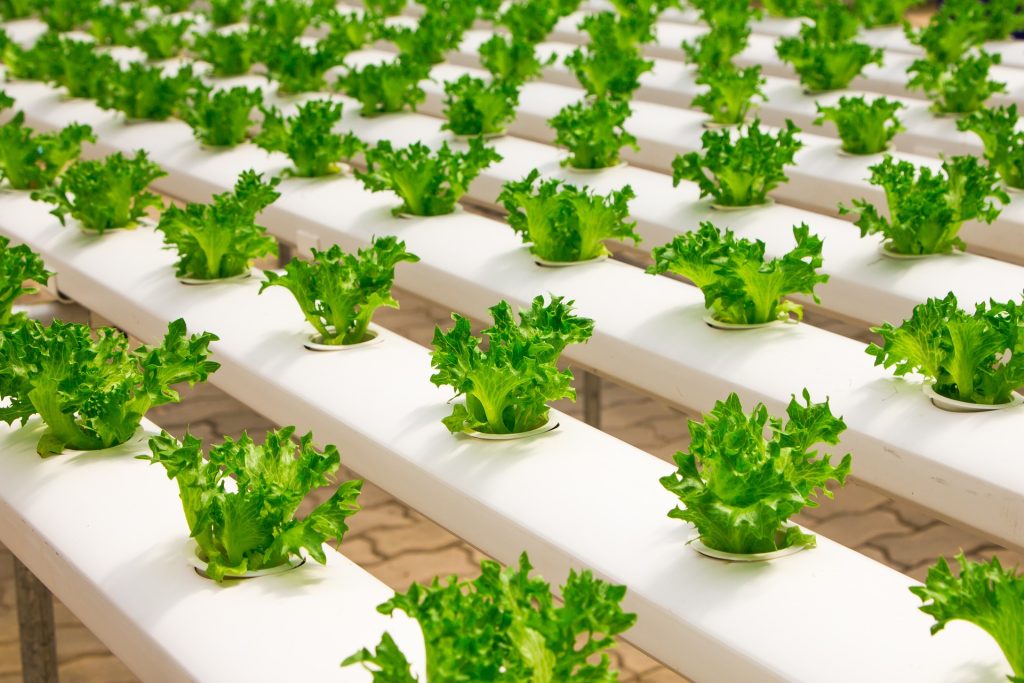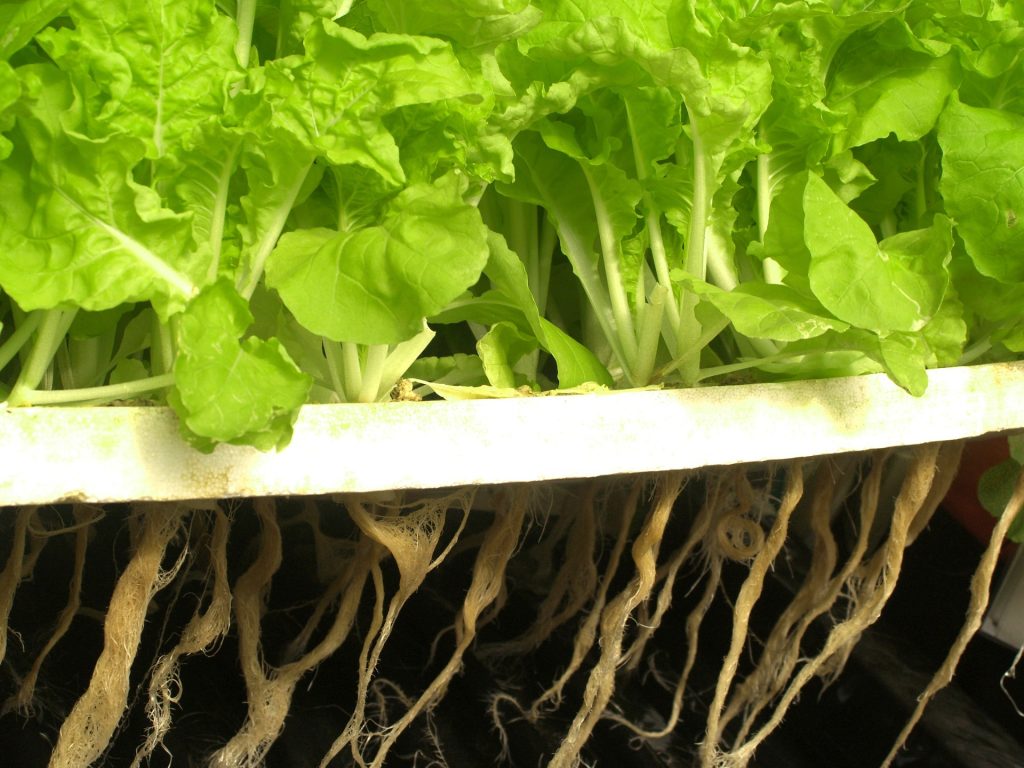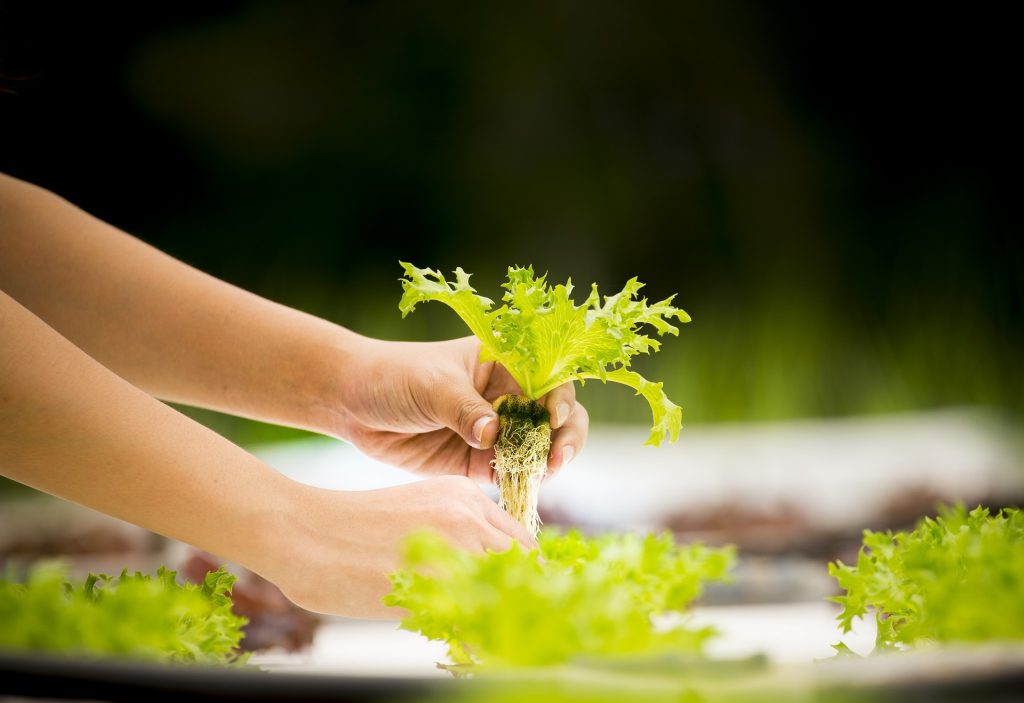The Future of Gardening: The Advantages of Using a Hydroponic Gardening Kit! Explanation of hydroponic gardening and its benefits In recent years, hydroponic gardening has gained popularity among garden enthusiasts due to its numerous benefits. Hydroponics is a method of growing plants without soil, using nutrient-rich water solutions instead.
This approach allows for a more controlled environment, faster growth, and increased yields. In addition, hydroponic gardening uses less water, eliminates the need for pesticides, and can be done year-round regardless of climate. We will explore the many advantages of using a hydroponic gardening kit. We will cover the various types of hydroponic systems available and how they work, the benefits of hydroponic gardening, and tips for setting up and maintaining a hydroponic garden.
Whether you’re a seasoned gardener or just starting out, this guide will help you discover the exciting world of hydroponic gardening and why it’s the future of gardening.

Advantages of Using a Hydroponic Gardening Kit
Hydroponic gardening is a revolutionary method of growing plants without soil. Instead, plants are grown in nutrient-rich water solutions, allowing for faster growth and higher yields. The advantages of using a hydroponic gardening kit are numerous, including:
Faster Growth and Higher Yields
Plants grown hydroponically have access to all the nutrients they need to grow, resulting in faster growth and higher yields. In fact, hydroponic plants can grow up to 50% faster than traditional soil-grown plants.
Water Conservation
Hydroponic gardening uses up to 90% less water than traditional soil-based gardening. This is because the water used in hydroponics is recirculated and reused, significantly reducing water waste.
No Soil Needed
In hydroponic gardening, soil is not necessary. This means that hydroponic plants can be grown in any location, regardless of the quality of the soil. This makes hydroponics a great option for urban gardening or in areas where soil quality is poor.
Pest and Disease Control
Hydroponic gardening is a closed system, meaning that pests and diseases are less likely to attack the plants. Additionally, hydroponic plants are not exposed to soil-borne diseases and pests, which can be a significant problem in traditional gardening.
Indoor Gardening
Hydroponic gardening kits are ideal for indoor gardening. With a hydroponic gardening kit, you can grow fresh produce year-round, regardless of the weather outside. This makes hydroponic gardening a great option for those who live in areas with harsh weather conditions.
Overall, the advantages of using a hydroponic gardening kit are clear. With faster growth, higher yields, water conservation, no soil needed, pest and disease control, and indoor gardening capabilities, hydroponic gardening is the future of gardening.
In the following sections, we will explore these advantages in more detail and provide tips for getting started with your own hydroponic gardening kit.
Types of Hydroponic Gardening Kits
If you’re interested in hydroponic gardening, there are different types of systems to consider. Each system has its own advantages and disadvantages, so it’s essential to choose the one that best suits your needs.
Deep Water Culture (DWC)
Deep water culture (DWC) is one of the simplest and most popular types of hydroponic systems. In this system, plants are suspended in net pots above a nutrient-rich water solution. An air pump and stone provide oxygen to the roots, promoting faster growth.
Drip System
Drip systems are a versatile hydroponic option that work well for a variety of plants. In this system, a pump delivers nutrient-rich water to the base of each plant via tubing and a series of emitters. Excess water drains back into the reservoir to be recirculated.
Aeroponics
Aeroponic systems are more complex than other types of hydroponic gardening kits but offer several benefits. In this system, plants are suspended in the air, and their roots are misted with a nutrient-rich solution. This method allows for maximum oxygenation of the roots, leading to faster growth and higher yields.
Nutrient Film Technique (NFT)
The nutrient film technique (NFT) is another popular hydroponic system. In this system, a shallow channel delivers a thin film of nutrient-rich water to the roots of plants, allowing for optimal absorption. The nutrient solution is continuously circulated, reducing water usage and promoting faster growth.
By choosing the right hydroponic gardening kit, you can grow a variety of plants indoors or outdoors while enjoying the advantages that hydroponic gardening offers.

Setting Up Your Hydroponic Gardening Kit
Once you have chosen the type of hydroponic gardening kit that suits your needs, it’s time to set it up. Here are some important steps to follow:
Choosing the Right Location
Selecting the right location is crucial to the success of your hydroponic garden. Look for a place that receives ample natural light or invest in quality grow lights. Make sure the area is well-ventilated, and the temperature is within the optimal range for your plants.
Preparing Your Kit
Before setting up your hydroponic gardening kit, read the instructions carefully. Make sure that you have all the necessary components and that they are clean and sterilized. Some kits may require assembly, so follow the instructions carefully.
Nutrient Management
Nutrient management is critical in hydroponic gardening, as the plants rely entirely on the nutrients provided in the water. It’s essential to use the right nutrient solution and maintain the proper pH levels. Nutrient solutions can be purchased or made from scratch using a recipe that is specific to your plant type.
Lighting and Temperature Control
Lighting and temperature control are essential to the success of your hydroponic garden. Different plants require different levels of light and temperature, so it’s important to research your specific plant’s needs.
If you’re growing indoors, invest in grow lights that provide the right spectrum of light for your plants, and use a thermometer to monitor the temperature.
By following these steps, you’ll be well on your way to a successful hydroponic garden that produces healthy, delicious crops.
Tips for Successful Hydroponic Gardening
Once you have your hydroponic gardening kit setup, it’s important to take the proper steps to ensure a successful harvest. Here are some tips to help you get the most out of your hydroponic garden:
Monitoring pH Levels
One of the most important aspects of hydroponic gardening is maintaining the pH level of the nutrient solution. Most plants prefer a slightly acidic pH level of around 5.5 to 6.5. Use a pH meter or pH test kit to monitor the pH level regularly and adjust as needed.
Preventing Algae Growth
Algae growth can be a problem in hydroponic systems, as the nutrient solution provides an ideal environment for it to thrive. To prevent algae growth, keep the nutrient solution well-oxygenated, and avoid exposing it to direct sunlight. You can also add an algae inhibitor to the solution.
Choosing the Right Vegetables
Not all vegetables are suitable for hydroponic gardening. Choose vegetables that are well-suited to growing in water, such as lettuce, herbs, and tomatoes. Research the specific growing requirements of the plants you want to grow to ensure their success.
Maintaining Cleanliness
Hydroponic gardening requires a clean and sterile environment to prevent the spread of disease and pests. Regularly clean and sterilize your hydroponic system, and practice good hygiene when handling plants and equipment.

Common Challenges and Solutions
Despite the many advantages of hydroponic gardening, it can come with its own set of challenges. Here are some of the most common challenges you might encounter and some solutions to overcome them:
Dealing with pH Imbalances: Maintaining the right pH level is essential for the health and growth of your plants. A pH that is too high or too low can cause nutrient deficiencies or toxicities, leading to stunted growth or even plant death. Test your water regularly and adjust the pH as needed using pH up or pH down solutions.
Managing Nutrient Levels: Proper nutrient management is critical to ensure that your plants have everything they need to grow strong and healthy. However, it’s easy to over or under-fertilize your plants, which can lead to issues like nutrient burn or deficiency. Follow the instructions on your nutrient solution carefully and monitor your plants closely to ensure they are getting the right amount of nutrients.
Controlling Humidity and Temperature: High humidity and temperatures can create a breeding ground for mold, mildew, and other harmful microorganisms that can damage your plants. To control humidity, use a dehumidifier, increase air circulation with fans, and avoid overcrowding your plants. To control temperature, use a thermometer and adjust the temperature using air conditioning, heating, or ventilation systems as needed.
By being aware of these common challenges and implementing these solutions, you can ensure the success of your hydroponic garden and enjoy fresh, healthy produce all year round.
Hydroponic gardening kits offer a plethora of benefits for those interested in gardening. From faster growth and higher yields to water conservation and pest control, hydroponic gardening is the future of gardening. Additionally, setting up a hydroponic gardening kit is simple and can be done in any location, making it an ideal option for indoor gardening.
To achieve success with hydroponic gardening, it’s important to monitor pH levels, prevent algae growth, choose the right vegetables, and maintain cleanliness. Common challenges such as pH imbalances, nutrient management, and humidity control can be easily resolved with the right knowledge and tools.
Hydroponic gardening is an exciting and rewarding way to grow plants. By using a hydroponic gardening kit, you can enjoy fresh produce year-round, conserve water, and control the growing environment. Don’t hesitate to try out hydroponic gardening for yourself and see the benefits firsthand. With a little effort and knowledge, you can achieve success and elevate your gardening game.